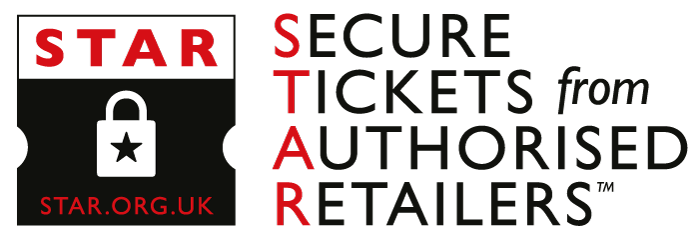EDI: Equality, Diversity and Inclusion
The STAR Council is committed to supporting EDI across its membership and to increasing understanding and knowledge in this area.
The following is a developing resource for STAR members and we are keen to receive any suggestions for content that could be included. Please use the contact form to send any suggestions.
Equality Act 2010
Full Legislation and explanatory notes: Equality Act 2010 (legislation.gov.uk)
The broad purpose of the general equality duty is to integrate consideration of equality and good relations into the day-to-day business of public authorities. It is an integral part of the mechanisms for fulfilling the requirements of the Equality Act 2010. If a public authority does not consider how a function can affect different groups in different ways, the function may not meet its own objectives. For example, a smoking cessation programme may not be fully effective if it does not take into account the different marketing tools that have the most impact on people of different ages. This can contribute to greater inequality and poor outcomes. The general equality duty therefore requires organisations to consider how they could positively contribute to the advancement of equality and good relations. It requires equality to be considered in decision-making, in the design of policies and in the delivery of services, including internal policies, and for these matters to be kept under review.
Compliance with the general equality duty is a legal obligation, but it also makes good business sense. An organisation that is able to provide services to meet the diverse needs of its users should find that it carries out its core business more efficiently. A workforce that has a supportive working environment is more productive. Many organisations have also found it beneficial to draw on a broader range of talent and to better represent the community that they serve.
Compliance with the general equality duty should also result in better informed decision-making and policy development, and better policy outcomes. Overall, compliance can lead to services that are more appropriate for users and more cost effective. This can improve satisfaction with public services.
Protected Characteristics from Equality Act 2010
- Age
- Disability
- Gender Reassignment
- Marriage and civil partnership
- Pregnancy and maternity
- Race
- Religion or belief
- Sex
- Sexual Orientation
Notes on discrimination of the protected characteristics: https://www.citizensadvice.org.uk/law-and-courts/discrimination/
Creative Access is an organisation providing diversity support to the creative industries through recruitment and training: https://creativeaccess.org.uk/
The following will take you to links relating to resources supporting each of the protected characteristics:

